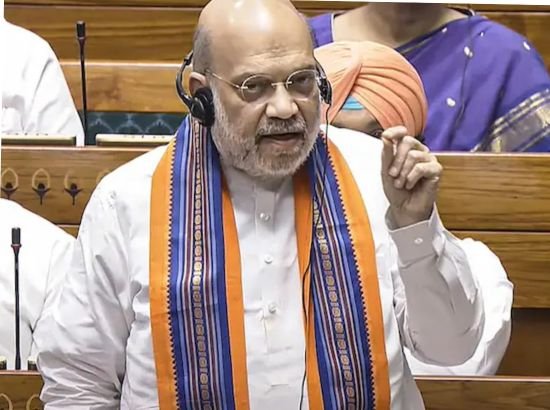
New Delhi, August 21, 2025 (10:18 AM IST):
The government has introduced a Constitution Amendment Bill that seeks the automatic dismissal of the Prime Minister, Chief Ministers, and Ministers if they remain in judicial custody for more than 30 days. The bill has now been referred to a Joint Parliamentary Committee (JPC), which is expected to present its report on the first day of the upcoming Winter Session.
The proposed amendment aims to bar individuals from holding top executive offices if they are in prolonged judicial custody. Supporters argue it will strengthen accountability in public life, while the opposition has raised concerns that it undermines the principle of “innocent until proven guilty”.
Under Article 368, any constitutional amendment requires:
A majority of the total membership of each House (Lok Sabha and Rajya Sabha).
A two-thirds majority of members present and voting.
In the Lok Sabha (542 members), at least 272 MPs must support it for a simple majority, and 361 MPs if all are present for the two-thirds majority.
In the Rajya Sabha (239 members), at least 120 MPs are needed for a simple majority, and 160 MPs for the two-thirds threshold.
The NDA holds 293 MPs in Lok Sabha and 132 MPs in Rajya Sabha.
While the Lok Sabha numbers seem within reach, the Rajya Sabha math shows the ruling coalition is well short of the required two-thirds support. Without Congress and other major opposition parties, the bill cannot pass.
Since the amendment impacts the federal structure, it also requires approval from at least half of the state assemblies. Given the NDA controls a majority of state legislatures, this stage is unlikely to pose a problem.
The opposition has strongly opposed the bill, calling it:
An attack on India’s federal structure.
Unconstitutional, since under the law no one can be considered guilty until convicted.
A potential political weapon for the ruling party to destabilize opposition-led state governments, citing the past 11 years of alleged misuse of investigative agencies.
Analysts suggest that even if the government knows the bill may not pass, it could be a political move to corner the opposition. By projecting the bill as a step against corruption, the government can accuse the opposition of shielding corrupt leaders if they vote against it.
The JPC will deliberate on possible amendments. The opposition may propose that resignation be made mandatory only upon conviction, not mere custody. Currently, as per Supreme Court rulings, lawmakers automatically lose membership if sentenced to two years or more—a threshold that could also come under debate.
For now, without bipartisan consensus, the bill faces an uphill battle in Parliament.